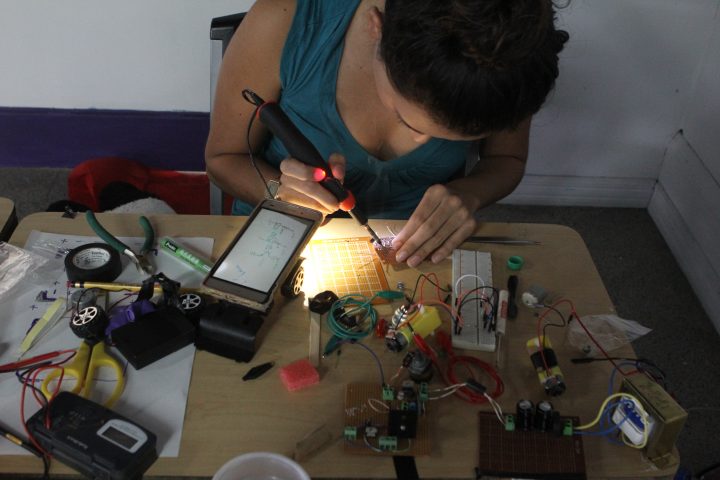
How can Science, Technology, Engineering, and Mathematics (STEM) education address the lack of local and national data in key areas related to women’s social and economic development? This gender data gap is, in part, reflective of the exclusion of women from science and technology fields. This project will focus on examining the role STEM education plays in giving women a stronger voice and participatory role in the research process. Worldwide, women remain dramatically underrepresented in STEM educational programs and settings. According to the latest statistics from UNESCO, women represent, on average, 30% of the STEM student body in higher education, 25% of the STEM labor force, and only 28% of the world’s researchers – defined as professionals engaged in the creation or conception of new knowledge. This gap has an impact on the advancement of women’s rights, inclusion of women in technology-centric career fields, and overall socio-economic development of all nations. In collaboration with the Sula Batsu Cooperative in Costa Rica, TASCHA will develop learning methodologies that build STEM skills for women in non-formal environments – public libraries and social organizations – with an applied angle on addressing key gender data gaps in the country.
As part of the research, the project will assess the feasibility of crowdsourcing platforms and other technologically-based solutions, along with innovative research methodologies, to address gender data gaps in areas related to science and technology. This collaboration builds upon Sula Batsu’s TIC-as program, established in 2013, which focuses on the development of technological products founded on feminist, equity, and social justice principles to help combat the lack of participation of urban and rural women in the technology and R&D sectors. Greater representation of women in STEM education is just one step in ensuring diverse voices and experiences in science, technology, and research.
Related TASCHA projects include:


